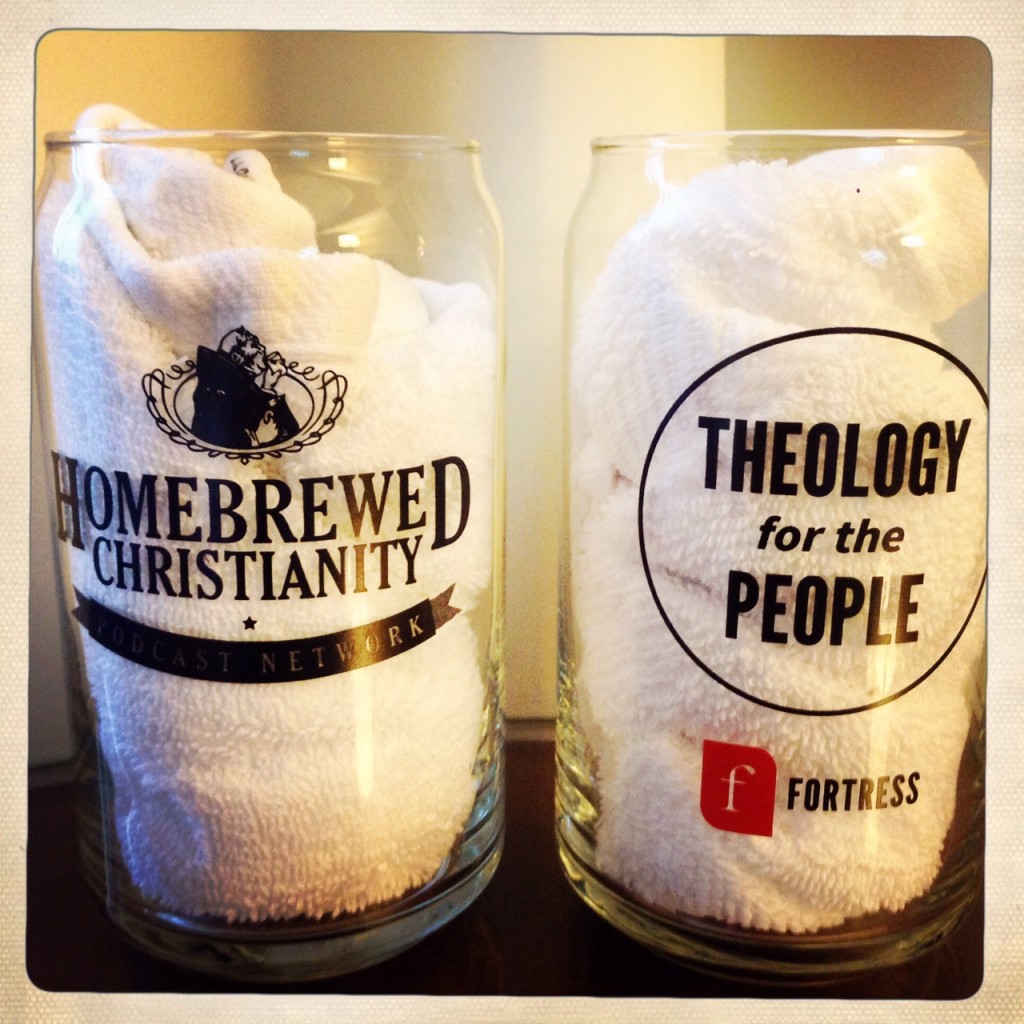Part of a week-long discussion of The King Jesus Gospel: The Original Good News Revisited by Scot McKnight
I remember distinctly when Doug Pagitt first said it to me: “The gospel can’t be Jesus’ death and resurrection,” Doug said, “Because then Jesus could not have preached the gospel.” I’d actually never thought about it like that before, but it made perfect sense. (Doug wrote about that in A Christianity Worth Believing.)
I also remember, as I became more familiar with evangelicalism through Cru (neé Campus Crusade) and Fuller Seminary, that evangelicals saw the life and works of Jesus primarily through the eyes of Paul. In fact, a few years back, when the Emergent Village Theological Conversation was held in Kansas City around the topic of Pauline theology, I suggested the title, “Beyond Paulophilia and Paulophobia.” It seemed to me that emergents suffered from the former latter and evangelicals from the latter former. (Older mainliners usually just ignore Paul.)
Scot McKnight sees the same problem in evangelicalism, and he sets out to right that wrong. By doing something that I find rather confounding: Using Paul to define the gospel. The gospel is summed up most completely, Scot writes, in 1 Corninthians 15. This, he argues convincingly, is the passage that serves as the genesis for the Apostles’ and Nicene Creeds, centuries later.
I was pleased to learn from Scot, on p. 48, that “gospel” is a verb as well as a noun in Greek: “The gospel, [Paul] says, is the ‘good news that I proclaimed.’ The Greek says it in a way that deserves notice: to euangelion ho euangelisamen — or, ‘the gospel I gospeled.'”
That being said, one has to wonder why Scot using Paul as his entrée into the gospel. Why not start with Jesus? It may be an effort to ease his evangelical brethren into his argument — a literary move — which I understand.
Or, it may be a theological move. If so, that’s not so appealing to me.
For those of you reading along with me, what say you?















